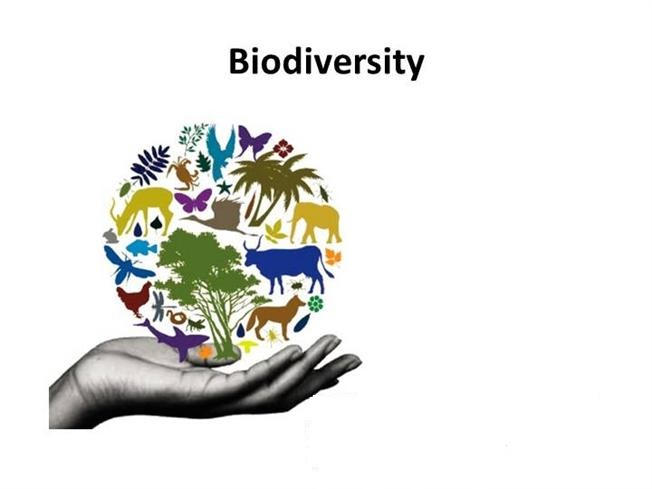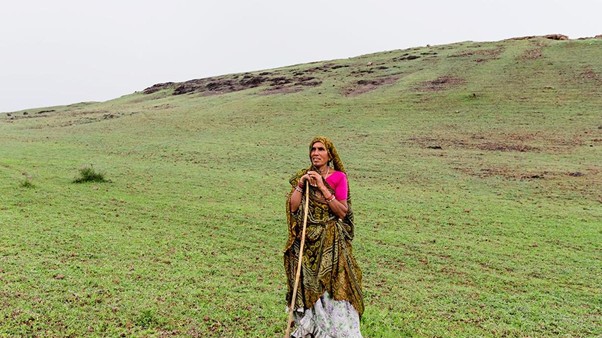





Disclaimer: Copyright infringement not intended.
Context
About biodiversity?
Key features of the bill
|
The Biological Diversity Act, 2002 |
Changes made by the Bill |
|
Approval is required from NBA (for certain foreign entities) · Entities: (i) foreign individuals, (ii) non-resident Indians, (iii) companies not registered in India, and (iv) companies registered in India and having non-Indian participation in share capital or management · Activities: obtaining biological resources occurring in India or associated knowledge for: (i) research, (ii) commercial utilisation, or (iii) bio-survey and bio-utilisation Prior intimation required to SBB (for certain domestic entities) · Entities: (i) Indian citizens, and (ii) companies registered in India except those which require NBA approval · Activities: obtaining biological resources occurring in India for commercial utilisation · Exemptions: use by local people and communities including growers and cultivators of biodiversity, and vaids and hakims practising indigenous medicine |
Approval from NBA · Entities: changes the last category to companies registered in India which are “foreign-controlled” companies as under the Companies Act, 2013 Prior intimation to SBB · Activities: access to associated knowledge for commercial utilisation will also require prior intimation · Exemptions: adds exemptions for (i) codified traditional knowledge, (ii) cultivated medicinal plants and their products, (iii) AYUSH practitioners; limits the exception to vaids and hakims, and AYUSH practitioners to use for sustenance and livelihood |
Key Issues
https://epaper.thehindu.com/Home/ShareArticle?OrgId=GV89QTE3R.1&imageview=0







© 2025 iasgyan. All right reserved